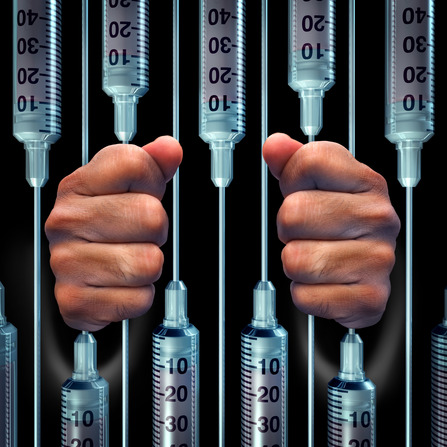CHICAGO, IL – When a medical emergency arises, we rely on the system to be there for us. But what happens when paramedics sent to aid us fail to perform their job properly?
Paramedics and the city that employs them, can in some instances, be sued for their failure to locate and provide assistance to someone in need of a medical emergency. Under Illinois law, paramedics and their employers can be held liable for wrongful acts committed while providing emergency services if those acts constitute “willful and wanton misconduct.” Willful and wanton misconduct is defined as either intended to cause harm or committed under circumstances exhibiting a reckless disregard for the safety of others.
In 2005, nearly 10 years after the incident, city officials agreed to pay $750,000 to the family of a North Side woman who died after an asthma attack, making a panicked 911 call.
In 1995, Renee Kazmierowski, just 28 years old at the time, called 911 from her stating, “I need help. I’m having an asthma attack… I think I’m going to die.”
The dispatcher took her address but did not attempt to keep her on the telephone. Two paramedics arrived at the woman’s apartment and knocked on her door but received no response. They concluded that they were not needed at the address and left. Kazmierowski was later found dead in her apartment.
The paramedics and the city argued that they were immune from liability and that the estate of the deceased woman did not have sufficient facts to overcome the immunity; however, the Illinois Supreme Court found that the estate of the woman had a valid case as a result of the paramedics’ failure to find and render assistance to the decedent.
Causes of Medical Malpractice Errors
In many cases, EMTs treat patients under chaotic and often life-threatening circumstances. In these situations, paramedics may fail to follow official procedures or act with proper caution. Once at the hospital, they may fail to communicate with other healthcare professionals and personnel about critical facts, including a patient’s allergic reaction to a specific medication. If an EMT’s action or inaction injures you or causes a fatality, you could have a claim against their employer based on the employer’s responsibility for the actions and omissions of its employees. If multiple parties are involved, you may have a claim against some or all of them if they share fault.
Types of Compensation Available
If you have a valid claim against an EMT or their employer, you could be eligible for significant compensation depending on the nature of the event. This compensation typically includes:
- Lost income due to time missed from work
- Payment of medical expenses
- Loss of future wages, if the accident left the victim permanently disabled
- Pain and suffering
When are EMTs Liable?
EMTs assist paramedics and doctors, administer oxygen, take vital signs and monitor the patient. An EMT has a more limited scope of practice due to their limited level of education and training; however, EMTs still have the duty and responsibility to act with reasonable care, especially when any type of prescription drug is involved. EMTs are liable when they breach this duty and cause the patient any type of harm.
Contact the Dinizulu Law Group, Ltd. Today
An EMT’s medication error could cause serious or potentially fatal harm to the patient they were supposed to help. If you were injured because of a medication or any other type of error made by an EMT, contact the Chicago injury attorneys at the Dinizulu Law Group, Ltd. for a free consultation. Our skilled team of experienced litigators has the resources and skills needed to aggressively fight and protect your rights. Contact us today at (312) 384-1920.



